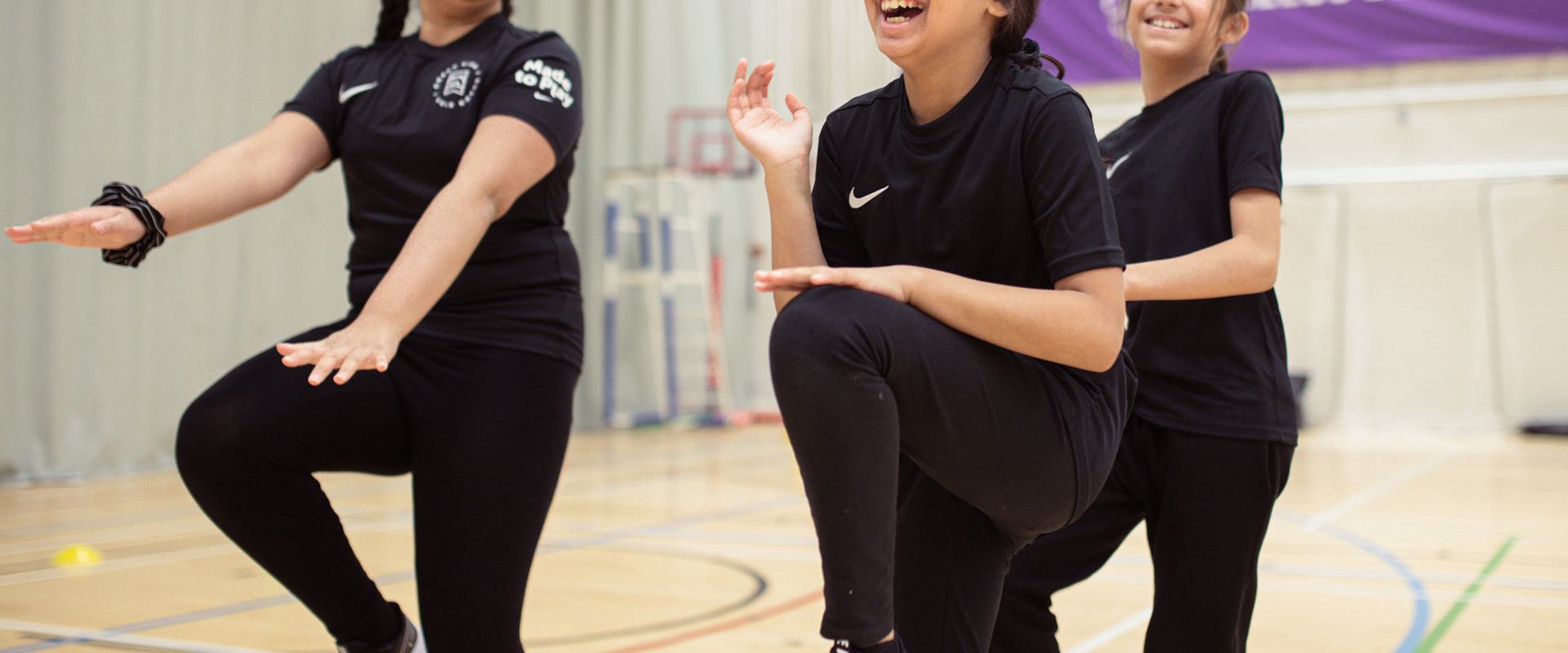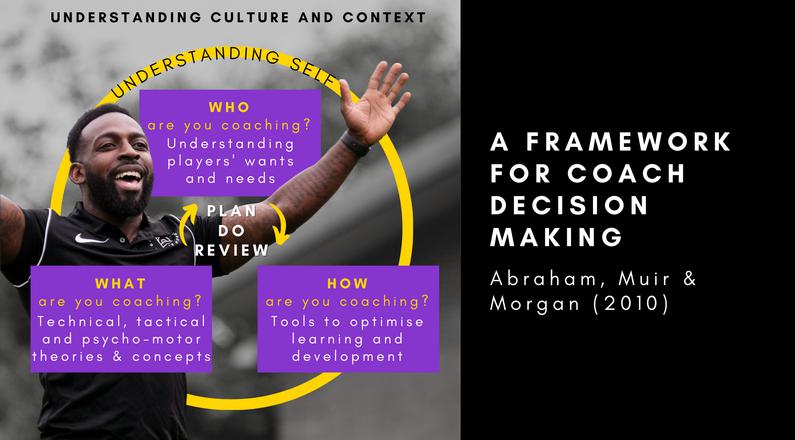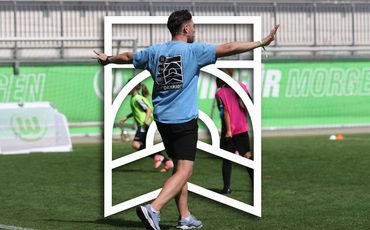
WHO-WHAT-HOW: Key Principles of Coaching Children
with Dr. Andrew Abraham
No Need To Panic, But Coaching Children Is Not Simple: Here Is What You Need To Know.
Sometimes it is suggested that the key to coaching young children is to let them play and to not get in the way. This may lead to the assumption that there are no key aspects (I'm going to say principles from here) for coaching u6 children. I clearly don’t agree with this. Consequently, I thought I would offer a view on some (not all, this is only a blog!) principles that I am aware of from literature and from my own time coaching u6 boys at a local rugby club that I think are key for coaches at this age group. I actually think we (my fellow coaches and I) did ok most of the time. But we also made mistakes. Mistakes are inevitable, but how we reflect on them is important. This is where key aspects are crucial since they offer the standards for reflecting and planning. So, just as a primary school teacher who works with 5 and 6 year olds needs to have principles to plan to and reflect on, so to do coaches.

I have used the coach decision making model (pictured above) we developed a few years ago to give myself a coherent way into examining the problem and identifying what I think some of the key aspects are for working with a range of children at different ages and stages of development. I do not claim for a second to be an expert in childhood, however, the model offered me an adaptive method to do some research and create an informed view of working with this age group. My reference list is at the end of the blog if you want to read further.
So, this is me putting my money where my mouth is. Happy for questions and challenges. Fundamentally though, if we want coaches to make informed judgements about working with children, there need to be key principles (aspects) to guide this thinking. I offer this as a stimulus for feedback and questions.
* BTW, it's not cheating, it's children solving problems you haven't thought of yet
References
Abraham, A., Mckeown, S., Morgan, G., Muir, B., North, J., Saiz, S. L. J., & Till, K. (2014). Planning your coaching: A focus on youth participant development. In C. Nash (Ed.), Practical Sport Coaching (pp. 16–53). Abingdon: Routledge.
Burton, A. W., & Miller, D. E. (1998). Movement Skill Assessment. Champaign, IL: Human Kinetics.
Côté, J., Baker, J., & Abernethy, B. (2003). From Play to Practice. A Developmental Framework for the Acquisition of Expertise in Team Sports. In J. L. Starkes & K. A. Ericsson (Eds.), Expert Performance in Sports. Advances in Research on Sport Expertise (pp. 89–110). Champaign, IL: Human Kinetics.
Davids, K., Button, C., & Bennett, S. (2008). Dynamics of Skill Acquisition - A Constraints Led Approach. Champaign: Human Kinetics.
Eccles, J. S. (1999). The development of children ages 6 to 14. Future of Children, 9(2), 30–44. http://doi.org/10.2307/1602703
Lloyd, R. S., & Oliver, J. L. (2012). The Youth Physical Development Model : A New Approach to Long-Term Athletic Development. Strength & Conditioning Journal, 61–72. http://doi.org/10.1519/SSC.0b0...
Mayer, R. E. (2004). Should There Be a Three-Strikes Rule Against Pure Discovery Learning? American Psychologist, 59(1), 14–19. http://doi.org/10.1037/0003-06...
Mosston, M., & Ashworh, S. (1994). Teaching Physical Education (4th ed.). New York: Macmillan.
Muir, B., Morgan, G., Abraham, A., & Morley, D. (2011). Developmentally Appropriate Approaches to Coaching Children. In I. STAFFORD (Ed.), Coaching Children in Sport (pp. 17–37). Routledge.
Contributor:

Dr. Andrew Abraham
Andy works Leeds Beckett University and is the Head of Subject for Sport Coaching. Andy’s research and consultancy work is recognised across the world. The impact of this work is seen within the International Sport Coaching Degree Standards, co-produced with the International Council for Coaching Excellence, academics from universities across continents and practitioners from International Coaching Federations.
Comments
Related Pages


